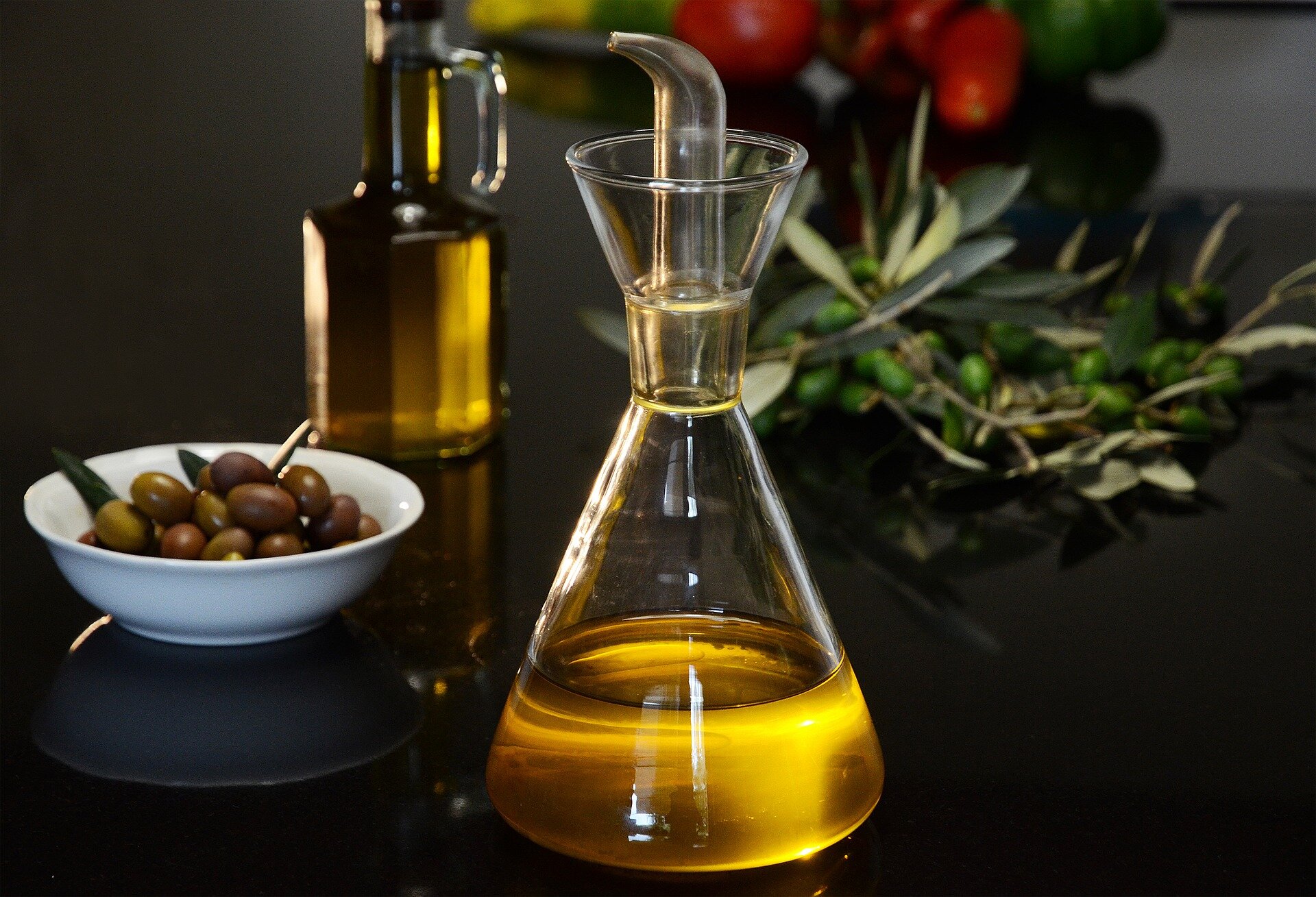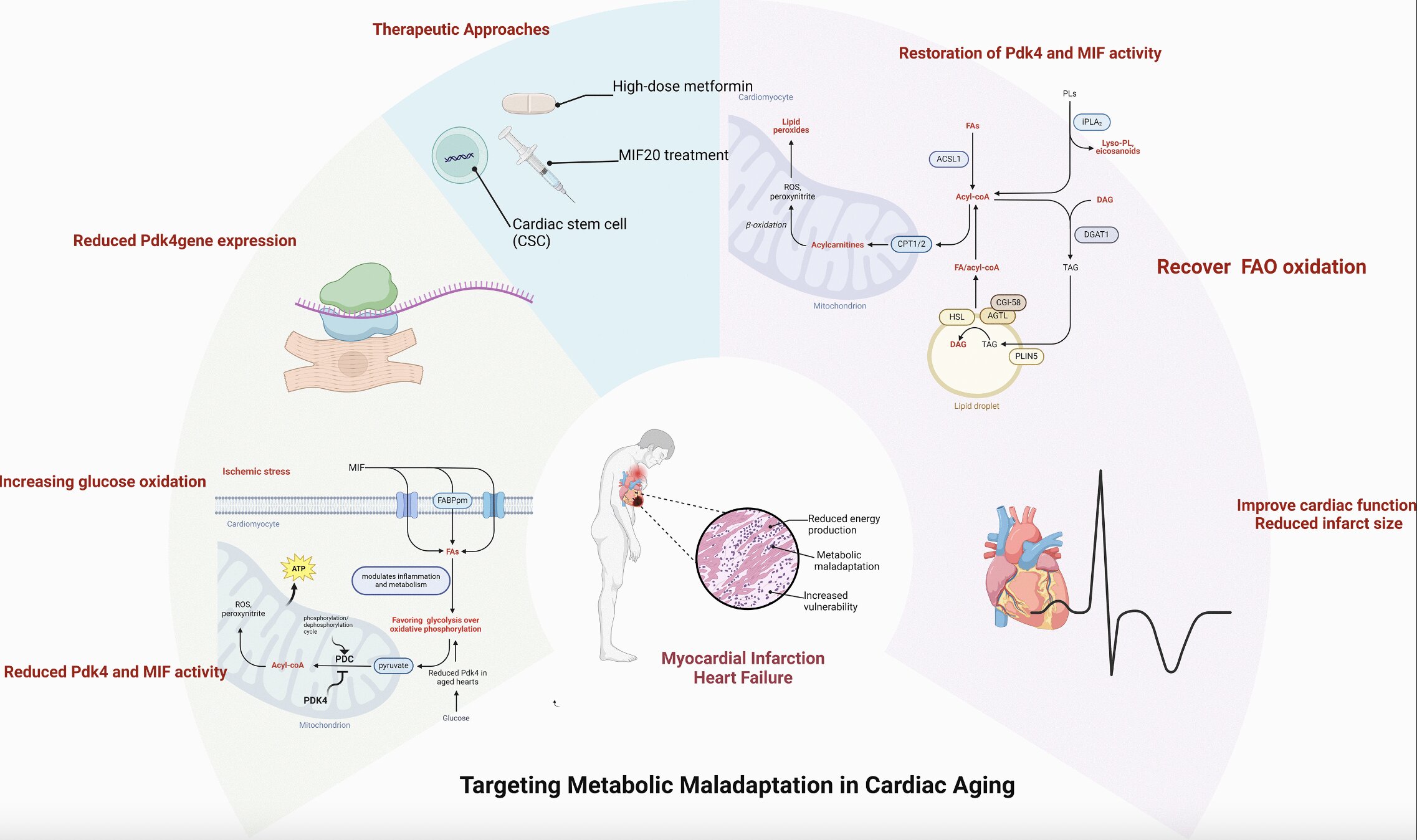Pulsed field ablation (PFA) is safe for treating patients with common types of atrial fibrillation (AF), according to the largest study of its kind on this new technology, led by the Icahn School of Medicine at Mount Sinai.
The “MANIFEST-17K” international study is the first to show important safety outcomes in a large patient population, including no significant risk of esophageal damage, with PFA. PFA is the latest ablation modality approved by the Food and Drug Administration that can be used to restore a regular heartbeat. The findings, published July 8 in Nature Medicine, could lead to more frequent use of PFA instead of conventional therapies to manage AF patients.
“MANIFEST-17K provides confidence that, unlike conventional thermal ablation, PFA with the pentaspline catheter does not cause the most feared complication of AF ablation — esophageal damage — nor does it cause pulmonary vein stenosis or persistent injury to the diaphragm,” says senior author Vivek Reddy, MD, The Leona M. and Harry B. Helmsley Charitable Trust Professor of Medicine in Cardiac Electrophysiology at Icahn Mount Sinai. “This study found that other general complications were also rare, including pericardial tamponade occurring in approximately one in 200 patients, stroke in one in 1,000, and death in even less than one in 1,000 patients. Given the relative novelty of pulsed field ablation, these are important safety outcomes.”
AF is an irregular heartbeat or heart rhythm disorder; 2.7 million Americans live with some form of it. Patients with AF can undergo a catheter procedure, called catheter ablation, to treat this abnormal heart rhythm. This procedure involves making scars in small areas in the heart involved in the abnormal rhythm, which prevents abnormal electrical signals or rhythms from moving through the heart.
Two types of ablation are currently in common use: radiofrequency ablation, which uses heat energy to eliminate the problem area, and cryoablation, which uses cold energy. These ablation modalities are associated with increased risk of potential complications, including damage to the esophagus, pulmonary vein stenosis, and injury to the phrenic nerve, which controls the diaphragm and is essential for breathing. PFA does not use temperature, but instead short high-energy electrical pulses. This catheter procedure is more precise than radiofrequency and cryoablation and does not cause damage to the esophagus, pulmonary veins, or phrenic nerve.
This retrospective, observational study analyzed 17,642 patients with paroxysmal and persistent AF after undergoing PFA procedures at 106 centers in 2021. Procedures were performed with pentaspline PFA catheter, the most commonly used PFA catheter worldwide. Researchers found no energy-specific complications among patients, including no esophageal damage, pulmonary vein stenosis, or persistent phrenic nerve injury. There was a 1 percent overall major complication rate, and more specifically, rates of 0.36 percent for pericardial tamponade, 0.30 percent for vascular complications, 0.12 percent for stroke, and 0.03 percent for death. Unexpected complications of PFA were coronary arterial spasm (0.14 percent) and hemolysis-related acute renal failure necessitating hemodialysis (0.03 percent).
“While we should continue to remain vigilant to identify any other rare complications of PFA that may be identified in the future, these favorable safety outcomes in over 17,000 patients increase our confidence in the use of this PFA catheter technology,” says Dr. Reddy.
Dr. Reddy serves as an unpaid consultant to Boston Scientific, the manufacturer of the PFA catheter technology studied in this manuscript.


